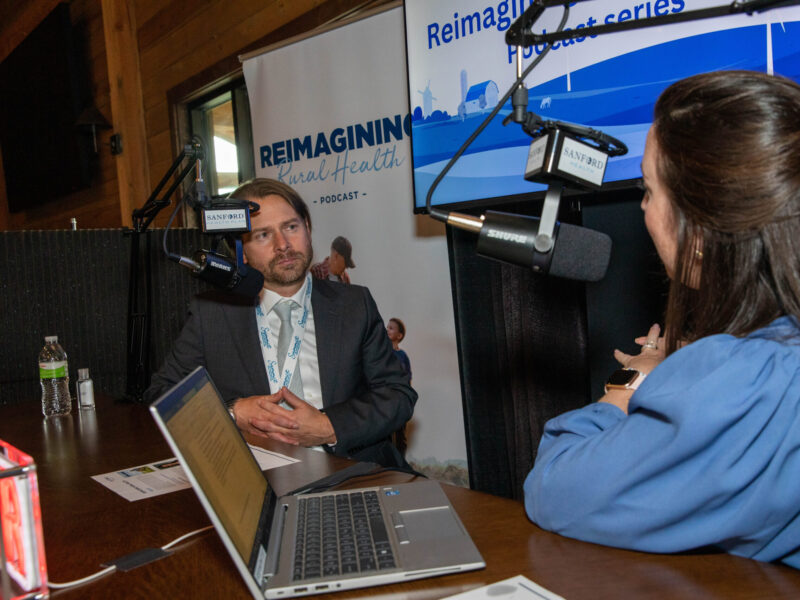Sanford Health News
Trending Stories
Recent Stories
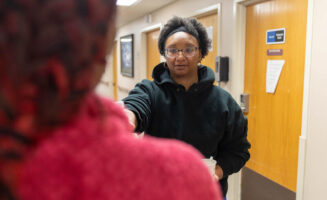
Medication aide spreads joy and knowledge in Nebraska
Good Samaritan Society staffer helps train others while training to be a nurse
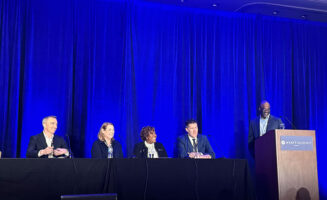
Sanford Health drives conversation at national conference
Business and strategy leaders bring home lessons on AI, patient experience and more
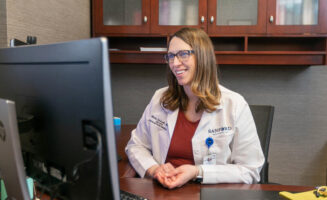
Preconception planning for high-risk pregnancy
6 ways to get healthy now with tips from a maternal-fetal medicine specialist
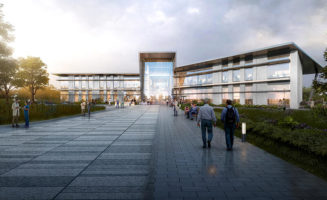
Fortune names Sanford Health to ‘most innovative’ list
America’s Most Innovative Companies includes health system for second year in a row
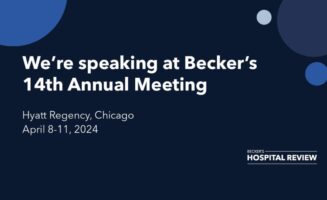
Sanford Health leaders to discuss trending health topics
Health system leaders join national experts at Becker's Annual Meeting in Chicago
Sanford in the News
Cancer
Children's Health
Heart
Orthopedics
- University of North Dakota, Sanford announce partnership
- How to treat strains, sprains, fractures and breaks
- Bicycling safely is great for enjoying warm weather fitness
- Advice from a podiatrist: Match your shoes to the occasion
- Jackrabbit junior completes cheer comeback after amputation
- More in Orthopedics
Pregnancy & Childbirth
Research
Senior Services
Innovations
- Fortune names Sanford Health to ‘most innovative’ list
- Rural health summit aims to cultivate health care workforce
- Chief physician moderates rural health innovation forum
- Sanford Health Plan president speaks at Healthapalooza
- Fortune names Sanford Health one of America’s most innovative companies
- More in Innovations
News
- Sanford Health recognized by Becker’s as a top place to work
- Sanford Health drives conversation at national conference
- Fortune names Sanford Health to ‘most innovative’ list
- Sanford Health leaders to discuss trending health topics
- University of North Dakota, Sanford announce partnership
- More in News
Sanford Health Foundation
- Employees Give $416,022 During Month-long Celebration of Gratitude
- Meet Isaac, the 2024 Ambassador for Sanford Children’s in Sioux Falls
- Honoring Norma Peltier: A Legacy of Giving For Good In Fargo
- One Last Wish to Make a Difference
- Owen’s Story: Beating the Odds With Support from Sanford Children’s
- More in Sanford Health Foundation












